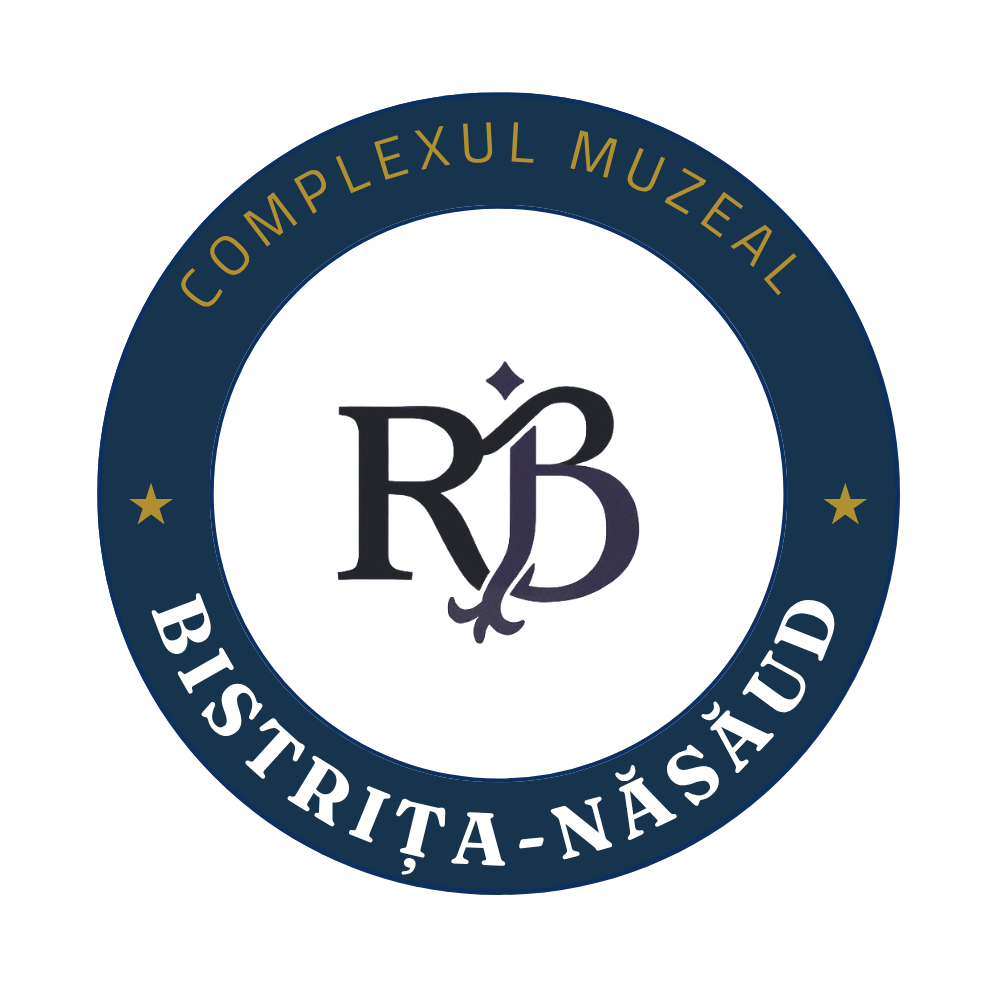Declarație de etică a publicării și de malpraxis

Integritatea etică este esențială pentru scrierea și publicarea unui articol în Revista Bistriței. Preocupările etice importante de luat în considerare în timpul scrierii unui manuscris includ eticheta, publicarea frauduloasă, plagiatul, publicarea duplicat, autoritatea și potențialul de conflict de interese. Ca publicație de specialitate online, Revista Bistriței se bazează pe respectarea integrității etice în scris și publicare, conform „Etica pentru cercetători”, „Codul european de conduită pentru integritatea în cercetare” și urmează „Codul de conduită și Ghidul de bune practici pentru editorii de reviste” (COPE).
Toate aspectele etice de care trebuie să țineți cont în timpul scrierii unui studiu (publicare frauduloasă, plagiat, publicare duplicat, paternitate, conflict de interese) vor fi în întregime evitate prin respectarea strictă a reglementărilor privind citările și drepturile de autor. Întreaga cercetare se va desfășura cu respectarea principiilor de integritate în publicația de cercetare: „onestitate intelectuală în raportarea cercetării, acuratețea în reprezentarea contribuțiilor altor oameni de știință, colegialitate în interacțiunile științifice, inclusiv comunicarea și schimbul de informații” (Research Ethics for Social Scientists, Londra, 2006, p. 113).
În conformitate cu codul de conduită, Revista Bistriței va raporta orice cazuri de plagiat suspectat sau de publicare duplicat. Autorii trebuie să se asigure că au scris lucrări originale. În plus, trebuie să se asigure că manuscrisul nu a fost emis în altă parte. Orice lucrare sau cuvinte ale altor autori, colaboratori sau surse ar trebui să fie creditate și referite în mod corespunzător. Autorii sunt, de asemenea, responsabili pentru editarea limbii înainte de a trimite articolul. Autorii care își trimit lucrările pentru publicare ca articole originale confirmă că lucrările trimise reprezintă contribuțiile autorilor lor și nu au fost copiate sau plagiate în totalitate sau parțial din alte lucrări fără a fi citate în mod clar. Orice lucrare sau cuvinte ale altor autori, colaboratori sau surse (inclusiv site-uri online) trebuie să fie creditate și referite în mod corespunzător. Toți autorii ar trebui să dezvăluie conflicte de interese financiare sau de altă natură care ar putea influența rezultatele sau interpretarea manuscrisului lor (suportul financiar pentru proiect ar trebui să fie dezvăluit). Atunci când un autor descoperă o eroare semnificativă sau o inexactitate în propria sa lucrare publicată, este obligația autorului să notifice prompt editorul revistei și să coopereze cu editorul pentru a retrage sau corecta lucrarea. Un autor acceptă acordul de licență înainte de a trimite articolul. Toate articolele trebuie trimise folosind procedura de depunere online. Trimiterea unei lucrări la mai mult de o publicație, simultan, reprezintă o încălcare a eticii publicațiilor.
Editorii trebuie să asigure o evaluare echitabilă a articolelor trimise spre publicare. Ei se vor strădui să prevină orice potențial conflict de interese între autor și personalul de redacție și de recenzie. Editorii se vor asigura, de asemenea, că toate informațiile legate de manuscrisele trimise sunt păstrate ca fiind confidențiale înainte de publicare. Editorul-șef va coordona activitatea editorilor.
Recenzorii evaluează manuscrisele pe baza conținutului, indiferent de originea etnică, gen, orientare sexuală, cetățenie, credință religioasă sau filozofie politică a autorilor. Ei trebuie să se asigure că toate informațiile legate de manuscrisele trimise sunt păstrate ca fiind confidențiale și trebuie să raporteze redactorului – șef dacă sunt conștienți de încălcarea drepturilor de autor și de plagiat din partea autorului. Aceștia trebuie să evalueze în mod obiectiv lucrările depuse, precum și să își prezinte clar opiniile asupra lucrărilor într-un mod clar în formularul de recenzie. Un evaluator care se simte necalificat să revizuiască cercetarea raportată într-un manuscris sau știe că revizuirea sa promptă va fi imposibilă ar trebui să notifice redactorul-șef și să se scuze de procesul de revizuire.
